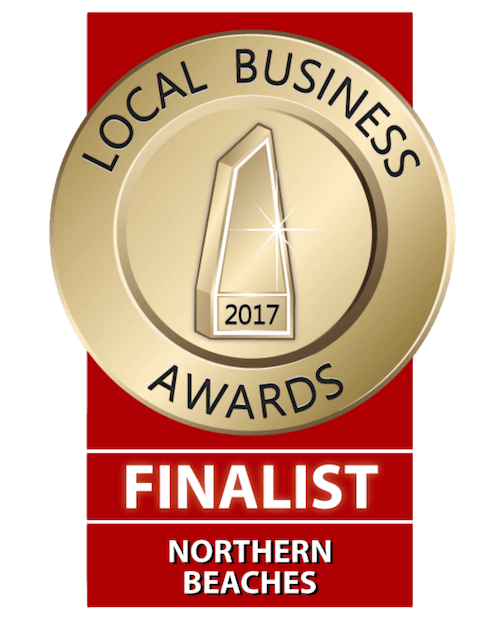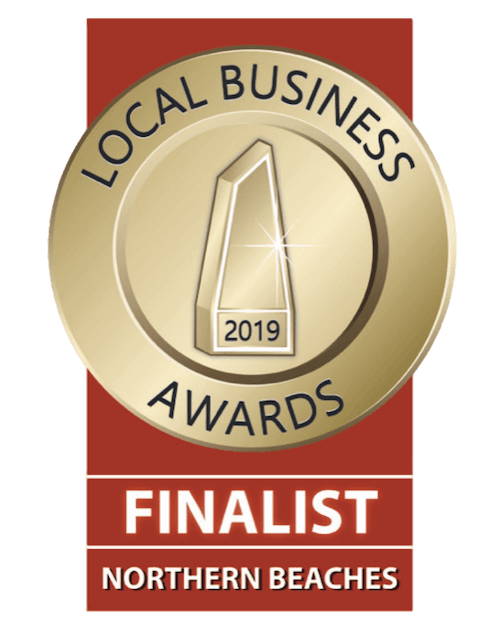|
According to a report by Future Market Insight (FMI), the dietary supplement industry is currently worth AU$171 billion and expected to continue climbing [1]. This shits me (and I'm sure many others). Why? Because more than half of the products out there are useless. Supplements are complicated, and thats annoying. So complicated that I had to keep going back and changing this article. It's a highly debatable topic with lots of factors to consider. In this article, I'm going to dive straight into what the latest research is telling us, and why there's only 2 supplements you need that actually work. *NOTE* - I'm not endorsed by ANY company. This is an unbiased article with cold hard facts on what the latest studies are telling us. What Supplements Am I Talking About? Before we move on, I'm not a doctor (obviously) so it's out of my interest to talk to you about prescription drugs. If you suffer from anxiety, depression or any chronic problem, I'm NOT going to review drugs prescribed to these conditions. That would be unfair, unethical and out of my expertise. This article will take you through the most common supplements that fill the fitness industry and the ones I recommend. From fat burners to detox pills and protein powder to BCAAS, the fitness industry is flooded with supplements. Never before has there been so many pills and potions to cure every known health problem. Here are some common supplements I'll touch on today:
Supplement Needs Are Individual Before moving on to the myth-busting, you must know supplement needs are completely individualised. That means what you may need, is different to what I may need due to different lifestyle circumstances. For example, if you're a vegan, you'd probably benefit MORE from creatine than I would. Why? Because I'm likely getting enough from meats and could survive without supplementing it into my diet. However, a vegan (or vegetarian) may lack that natural dosage of creatine and therefore, would benefit greatly from using it. See where I'm coming from? So, before you jump on to whatever your "gym bro" recommends, know the facts from fiction and decide what will actually work for YOU. This article will certainly provide a great reference for you, your friends and gym bros alike. Let's start with the only 2 supplements you need that actually work. The Only 2 Supplements You Need That Actually WorkJust to be annoying, I'm going to throw a spanner in the works. When I say 'the only 2 supplements you need', I'm talking about the ones backed by the most studies AND the most commonly used. There are many other supplements you may need, but this a HUGE umbrella because (as I said before) what works for one person, may not work for another. In other words, if I take Vitamin D supplementation but I'm not deficient in Vitamin D, do you think it'll work? Exactly, it won't . Another example - if I'm using protein powder as a supplement BUT I'm already getting sufficient amounts of protein through food, do you think it will work for me? No, chances are I'll just piss it out and yes we piss out protein, who knew? Okay now I've covered that, lets move to the first supplement. #1 - Creatine What is it? Creatine is a molecule produced in the body. It increases the body’s ability to produce energy rapidly and with more energy. It allows you to train harder and more often, producing faster results. The studies found here, here and here all show increases in strength (weight training) when supplemented. Where can it be found? Other than the supplement, creatine can be found in mostly meat, eggs, and fish. Should you take it? If you're looking to increase strength and lean muscle mass, then creatine may be a useful supplement for you. Be aware weight gain is usually a common side effect because it pulls a lot of water into the muscle cell. This is nothing to be afraid of, but it will give you that 'full' look. If you're looking to lose weight and create a healthy lifestyle whilst weight training a few times a week, creatine (in my opinion) is NOT needed. I recommend you focus on changing daily nutritional habits before looking at this supplement. With that said, creatine is a GREAT tool to help build strength and size if that's you're goal. For more in depth information on creatine, click here. #2 - Protein Powder If you want to know the importance of protein and how much you need, read my article HERE. I go into much more detail there. Protein powder can come in different forms but for the simplicity of this article, lets talk about the most common form of protein powder - whey. What is it? Whey protein is one of the two proteins found in milk, with the other being Casein Protein. Whey protein is the water-soluble part of milk. Whey is used as a protein supplement. It is very useful for hitting targeted daily protein goals. Whey is absorbed faster than other forms of protein, which means it also increases muscle protein synthesis used to break a fasted state.[2] Where can it be found? Whey protein is derived from milk, so you'll usually find it in the supplement form of powder. Should you take it? Yes, IF you're struggling to meet your minimum daily protein requirements. If you can meet it eating high protein foods such as meats, seafood and poultry, you probably don't need to consume a protein shake. However, if you're like me and enjoy using it in cooking, then go for life. Unfortunately, flavour can be a real hit and miss amongst brands. I personally use True Protein Whey Protein (pictured below). Why? Tastes awesome, has great ingredients and they're local to Oz. No I don't get commissions for mentioning them, I just want you to get the best bang for your buck because I've wasted my money too many times. Studies done on protein here, here and here all show increases in fat loss when consumed in a hypo caloric diet however, this was protein in general, not whey specifically. This means provided you're consuming adequate protein from any source, you'll still achieve a desired fat loss result provided you're in a calorie deficit. Protein powders and creatine are the most common supplements I recommend because they're supported by countless studies plus their benefits are simple, powerful and are NOT harmful. Are these the ONLY ones? No. Here are some other supplements which may help you to be healthy. Other Useful Supplements... Now, I may have only picked the above two, BUT there are other useful supplements out there that can be used. Why are these supplements down here and not in my top two? Because the studies are mixed and they aren't absolutely essential. All of the below supplements can be useful to you, should you be deficient in that area. I've only covered the most valuable supplements because if I covered every single one out there, you'd be reading for the next 48 hours. Yeah exactly, you don't have time for that. So here are the most common: Caffeine What is it? Caffeine comes from coffee beans, but it can also be created in a laboratory. The common myth is that it's better consumed 'naturally' but truth is it has the same structure whether it’s in Coffee, Energy Drinks, Tea or pills and I find that pretty cool. Caffeine is a powerful stimulant, and it has been shown to improve strength and endurance. Where can it be found? Coffee, energy drinks, tea, pills and pre workout supplements. Should you take it? Caffeine doses should be tailored to suit individual needs. How much you take will depend on how much exercise you do and your tolerance. I personally use caffeine on a daily basis but I consume no more than 200-300mg per day. This is equivalent to 2-3 cups of coffee. Too much? For me, no. I have taken the time to test my tolerance. If you're starting out, aim for 100mg of caffeine and adjust based on the results. If you suffer from any heart related problem, or you're very sensitive to caffeine, then I highly recommend you DON'T consume caffeine. For more in depth information on caffeine and it's studies, click here. Fish Oil What is it? Fish oil is a common term used to refer to two kinds of omega-3 fatty acids. These omega-3 fats are usually found in fish, animal products and phytoplankton. Fish oil is recommended as a source of these omega-3 fats as they are the cheapest and most common source of them [3]. Our bodies cannot produce omega-3 or omega-6 fatty acids so we must get them from our diet. Fish oil provides a variety of benefits when supplemented such as cardiovascular function, brain development and immune health, particularly when the ratio of omega-3 and omega-6 fatty acids in the body is almost equal (1:1). The average diet (red meat, eggs, and so forth) are high in omega-6 fatty acids, which is why fish oil is recommended (to balance the ratio) [3] Where can it be found? Fish, animal products and phytoplankton Should you take it? The benefits of supplementing fish oil are huge and I'd recommend it. However, before you go slamming those pills, if you're having nuts, seeds, salmon and other oily fish, there's no real need to take fish oil. As a whole,fish oil won't hurt in moderation. For more in depth information on fish oil, click here. Vitamin D What is it? Vitamin D is a fat soluble (essential) vitamin or mineral that our skin absorbs when exposed to the sun. It's highly beneficial in many ways such as boosting mood and bone health. Where can it be found? The sun is the major natural source of vitamin D but it's also found in fish, eggs and added to dairy products. Should you take it? Supplemental vitamin D is associated with a wide range of benefits, including increased cognition, immune health, bone health and well-being. Supplementation can also reduce the risks of cancer, heart disease, diabetes and multiple sclerosis. People deficient in vitamin D may also experience increased Testosterone levels after supplementation [4]. I recommend vitamin D supplementation if optimal levels are not present in the body. If in doubt, visit your local health care professional before taking anything. For more in depth information on vitamin D, click here. BCAAs What is it? BCAAs stands for Branched Chain Amino Acids and refers to the three amino acids Leucine, Isoleucine and Valine. For a long time, supplementing BCAAs has been a 'must have;' supplement in the fitness industry. It has many benefits such as preventing fatigue when exercising, promoting muscle protein synthesis and building muscle over time. [5] Where can it be found? They can be found in any food containing protein such as meat, poultry and eggs. Should you take it? Research shows although BCAAs are beneficial, they're not essential if you're consuming adequate protein. In other words, you can reap the same benefits of BCAAs if you have a diet high in protein. I personally use BCAAs to prolong fatigue, but other than that, it's not needed. [6] For more in-depth information on BCAAs, click here. Now that we've covered off the supplements that may improve your health, its time to move on to the ones that waste your money. Supplements That Waste Your Money This is the part that really shits me. Companies who want to take your money because they 'claim' to get you a result without showing any scientific backing. Now, I've picked the top rated and of course the most common supplements that are a waste of your hard earned money. This includes (but not limited to) ANY product that claims to 'detox', has a magical fruit from an amazon rainforest or 'burns fat'. I'm not going to hold back on any of these. Are you ready? Fat Burners/Thermogenics/Patches/Pills I'm not going to name any brands but any supplement that claims to blast fat, boost your metabolism or 'have the same effect as exercising' is complete bullshit and a waste of your time and money. One of the most ridiculous ones out there today is a patch you stick on your arm. I researched this company and they couldn't supply me with any scientific backing of their product other than it was 'tried and tested'. Firstly, if you're not in a calorie deficit, you won't lose weight (period) [7]. Doesn't matter if it's low carb or low fat, 8 weeks or 2 weeks, if you're not in a deficit, you won't lose fat [8][9]. Secondly, I want you to ask yourself, will you rely on that supplement for the rest of your life? What happens when you stop taking it? If you do, that's one expensive, wasteful investment. Most fat burners use caffeine as their main ingredient and even then, it doesn't make THAT big of a difference. It’s sort of like paying more for a car that gets you one extra km per full tank of fuel. Sure, it's technically better, but the impact of fat burners is less than something like taking a short walk around the block. Fat burners can cause side effects like sleep disruption (since most of them are stimulants). The long term result? Poor sleep can cause overeating the next day, and lack of motivation to head to the gym. Yeah, not good. The bottom line is, most fat burners don’t have a great cost to benefit ratio. Brands will throw whatever they can into their supplements, but unfortunately, with little proof that they work, and no evidence of safety when everything’s combined together. My advice is steer clear of fat burning supplements. Save your money and invest in a good personal trainer who can help you get from A to B safely and effectively. Testosterone Boosters I've had low testosterone levels before. It's not fun. Foggy mind, lack of energy, low libido levels and easily pissed off. This is what happens when you diet down to low levels of body fat. Yeah, you look good but you feel like crap (more in single digit body fat HERE). So taking a testosterone booster seems like a good idea right? Wrong. Testosterone boosters increase your libido levels, not your actual testosterone (these are two different things). Unfortunately, companies use rats in their studies or when it's human dosage, the quality of the study is poor. I've used testosterone boosters before. I was sucked in by the pesky sales dude at the local supplement store before I had the above symptoms. Did I see a difference? No. Side note - I'm talking about over the counter test boosters, not from a doctor. Prescription drugs can boost testosterone by 200-300% whereas supplement stores sell products that might increase testosterone by about 10%. So, this is similar to the fat burner/car tank analogy I used earlier. It really doesn't impact your testosterone levels that much (if at all). If you feel like your testosterone levels are low, seek help from your local doctor, not your local supplement store. For more information on testosterone boosters, click here. Calcium Now, before you shout "CALCIUM IS GOOD FOR YOU WHAT ARE YOU TALKING ABOUT AIDAN?!" hear me out. Calcium IS very important to health. It has many benefits such as bone, maternal and cardiovascular health, Calcium is one of the 24 vitamins and minerals required for good health in the human body. Although, similar to many other nutrients, calcium does follow the general advice of "if the diet is sufficient in calcium then supplementation is unnecessary" and excessive intakes of calcium will not promote greater benefits to health and may simply promote constipation [10]. Plus, supplementing calcium by itself to increase bone density (which is the most common use) does not work. "Further studies are needed for direct comparison of supplemental and dietary calcium to fully establish if one is superior to the other with regard to improving bone density" [11]. The bottom line is if you're getting enough calcium through the diet, you should't need to supplement calcium. Side note - individual needs for calcium supplementation may vary. Always seek the help of a health care professional if you're unsure of calcium supplementation. For me information on calcium supplementation, click here. Glutamine Glutamine is one of the 20 naturally occurring amino acids in dietary protein. What's pretty cool is glutamine becomes an essential amino acid when the body is exposed to disease, trauma (such as a stab wound) and during periods of muscle wasting activity e.g. marathons. If glutamine is used as a supplement to 'build muscle' it simply does not work and is a waste of your money due to it already being available in high doses in dietary meat and eggs. Glutamine as a supplement may be useful for vegans, vegetarians and any body who has a low dairy intake. Plus glutamine has been shown to improve gut health and most of it being absorbed there. Glutamine as a muscle building supplement is a waste of money but it does work to improve gut health. For more information on glutamine, click here. The Bottom Line These supplements are the most commonly used and backed by the most research. There's nothing stronger and more effective than what a healthy, balanced diet of carbohydrates, fats and protein can provide. Supplements are just that - they 'supplement' a healthy lifestyle and remember, supplements are very individualised. What you need may be very different to what I need and vice versa. If you're an average gym goer who wants to drop a bit of fat, gain a bit of muscle and be healthier overall, you shouldn't need anything more than some whey protein powder or creatine. If you're unsure, seek help a health care professional.
References:
1 - http://www.ausfoodnews.com.au/2015/11/09/dietary-supplements-market-will-be-worth-usd131-billion-by-2016.html 2 - http://examine.com/supplements/Whey+Protein/ 3 - http://examine.com/supplements/Fish+Oil/ 4 - http://examine.com/supplements/Vitamin+D/ 5 - http://www.ncbi.nlm.nih.gov/pubmed/1748109 6 - http://www.ncbi.nlm.nih.gov/pubmed/1748109 7 - http://www.ncbi.nlm.nih.gov/pubmed/1734671 8 - http://www.ncbi.nlm.nih.gov/pubmed/15817850 9 - http://www.ncbi.nlm.nih.gov/pubmed/8968851 10 - https://examine.com/supplements/Calcium/#citations 11 - http://www.ncbi.nlm.nih.gov/pubmed/24200763
5 Comments
14/1/2022 06:38:18 pm
i am really great to see the great article and the best info thanks for the best info
Reply
28/3/2022 11:05:13 pm
First time i have read the full post really great content.
Reply
Leave a Reply. |
Archives
July 2021
Categories
All
|
Services |
Company |
|
|
© COPYRIGHT 2015. ALL RIGHTS RESERVED.
|
Website Design by mypersonaltrainerwebsite.com
|

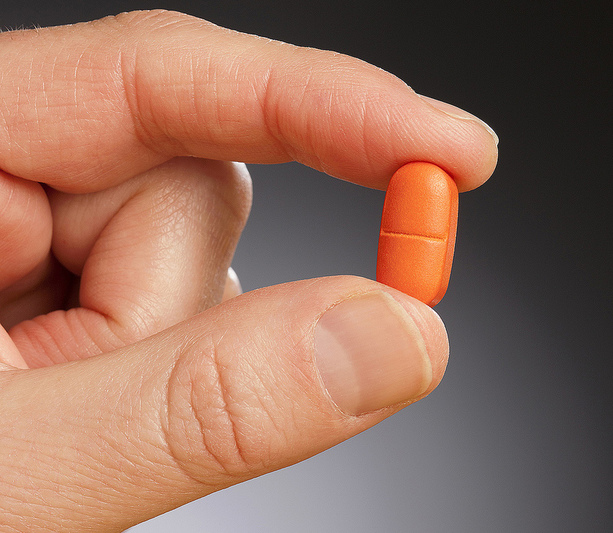

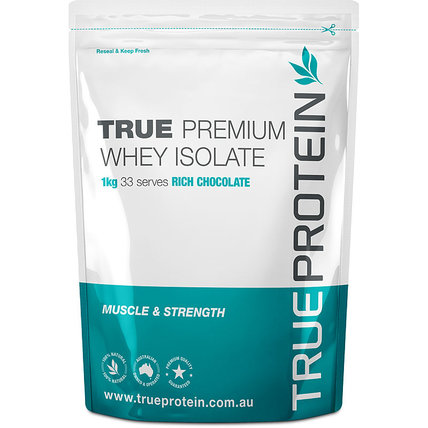
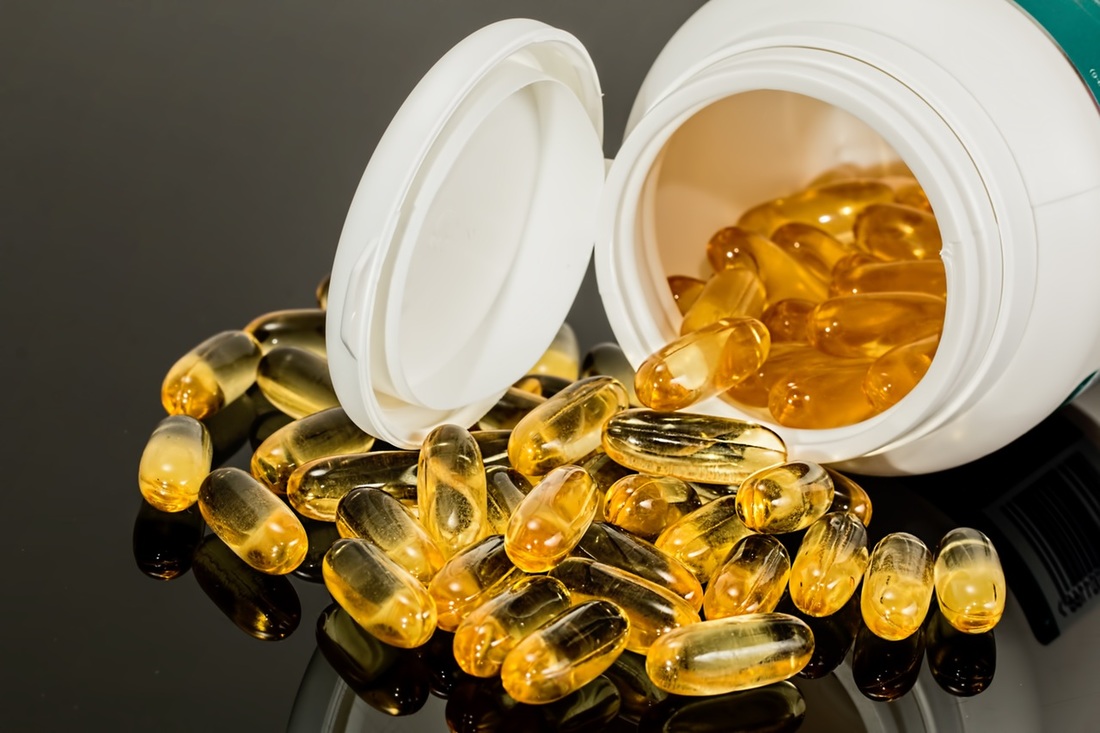
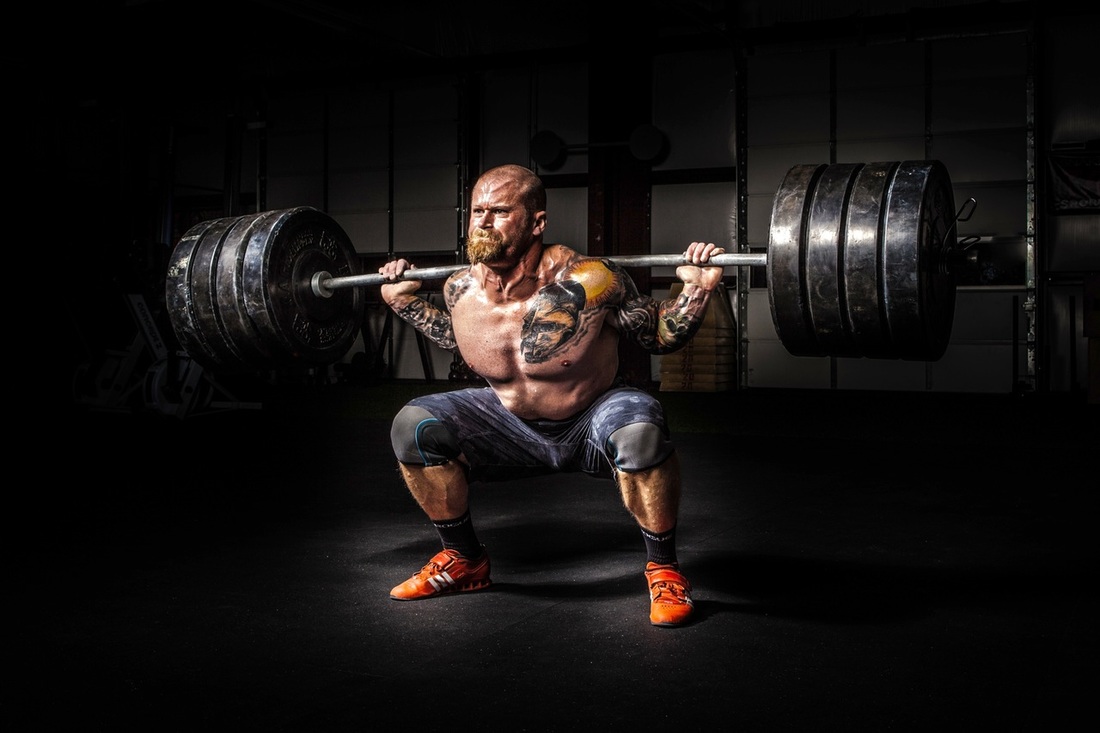

 RSS Feed
RSS Feed

